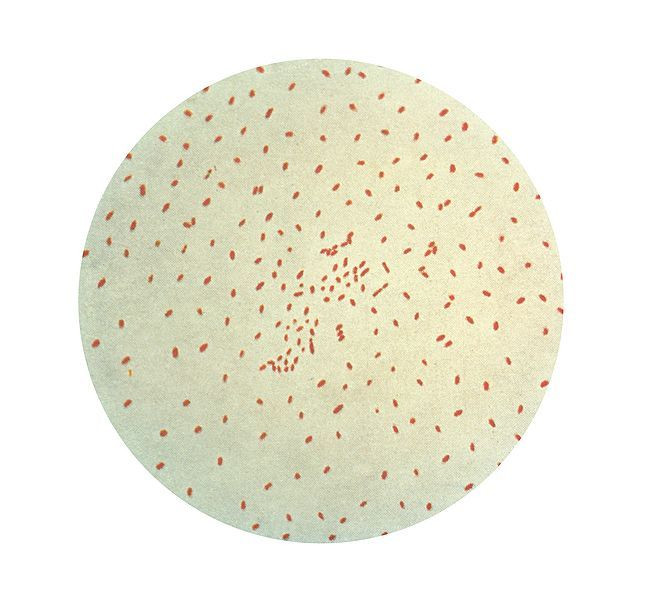
Texas is experiencing the worse whooping cough (pertussis) outbreak in 50 years, according to the Department of State Health Services after issuing an alert. "Pertussis is highly infectious and can cause serious complications, especially in babies, so people should take it seriously," said the warning. Doctors have been advised of the outbreak and how to diagnose and treat pertussis. "This is extremely concerning. If cases continue to be diagnosed at the current rate, we will see the most Texas cases since the 1950s," Dr. Lisa Cornelius, an infectious diseases medical officer for the Department of State Health Services, said.
Whooping Cough is a highly contagious bacterial infection that comes with a severe cough. Chris Ven Deusen, a spokesman for the department, stated, "It's a big concern, particularly because of the impact it can have on young children." The infection can be treated with antibiotics and a vaccine for it has been widely available since the 1940s. This year, the statewide cases include two deaths - both involving infants who were younger than two months, too young to be vaccinated. In order to protect babies against whooping cough, DSHS recommended that pregnant women get a dose of the vaccine during every pregnancy between 27 and 36 weeks gestation.
Statewide, 1,935 people had been diagnosed with the disease as of Aug. 27, the most recent figure available, officials at the Texas Department of State Health Services said. A large number of the cases are concentrated in the Fort Worth-Arlington area. There were 433 cases in Tarrant County as of Tuesday, said Al Roy, Tarrant County Public Health Department spokesman. "If you have a cough, stay away from the babies," said Russell Jones, Tarrant County chief epidemiologist. By the end of this year, the total cases of whooping cough in Texas likely will be higher than the recent high of 3,358 cases in 2009, state officials said.
Texans are also asked to see a doctor immediately if they develop a cough or have been exposed to someone who is suffering from pertussis. Early diagnosis reduces the risk that comes along with whooping cough, and can also shorten the contagious period and protect others from infection. Whooping cough usually spreads through the air, and is generally transmitted through coughing and sneezing.
© 2025 Latin Times. All rights reserved. Do not reproduce without permission.




